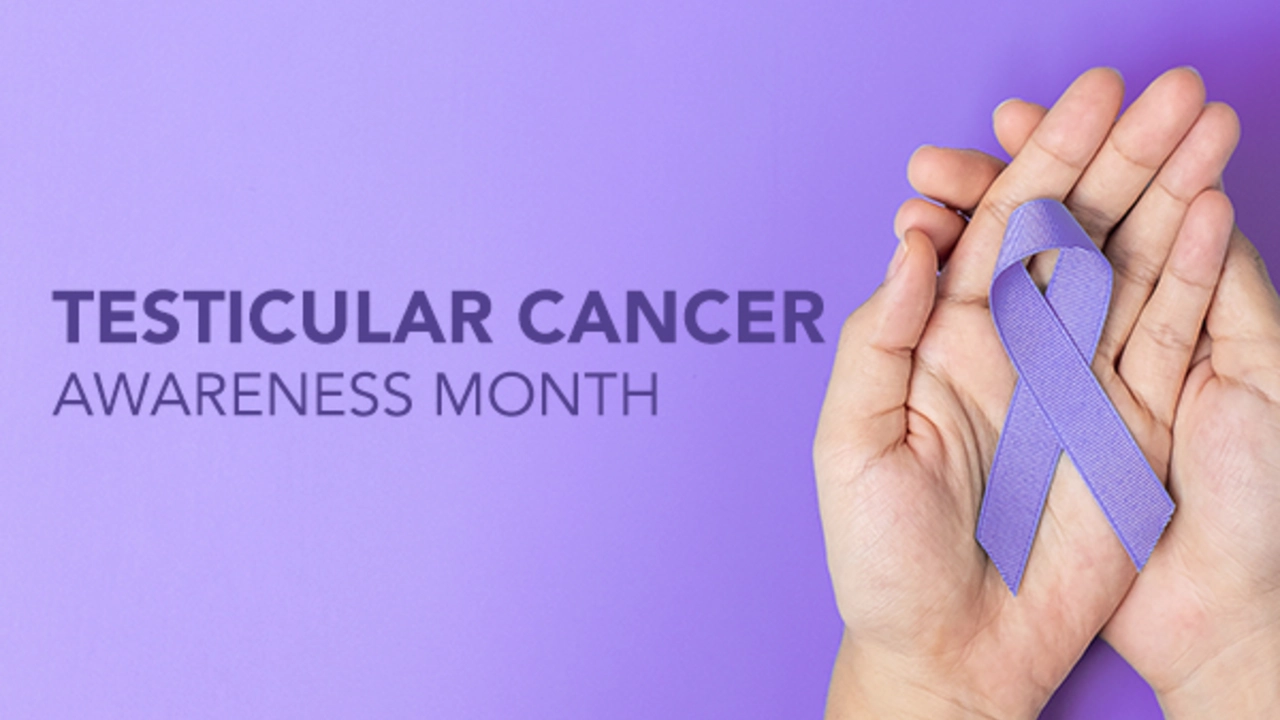Rhabdomyosarcoma Awareness: What You Need to Know
Rhabdomyosarcoma is a rare cancer that starts in the muscle tissue of children and teens. Because it can appear in many body parts, the signs often look like regular aches, bumps, or skin changes. Knowing the basics helps you act fast and get the right care. Below you’ll find straight‑forward facts, warning signs, and where to turn for help.
What Is Rhabdomyosarcoma?
It’s a type of soft‑tissue sarcoma that grows from cells that normally make skeletal muscle. The disease can show up in the head and neck, genitals, arms, legs, or the abdomen. It isn’t contagious, and it’s not caused by lifestyle choices. Most cases are diagnosed in kids under 15, but adults can get it too. Early detection improves outcomes, so staying alert is key.
Key Signs and When to See a Doctor
Watch for a lump that doesn’t go away, swelling that hurts, or a spot that changes size quickly. Other clues include persistent pain, trouble swallowing, vision changes, or unexplained bruising. If any of these symptoms last more than a week or get worse, make an appointment. Doctors usually start with a physical exam, then order imaging like an ultrasound or MRI to see what’s underneath.
Once a suspicious area is found, a biopsy will confirm whether it’s rhabdomyosarcoma. Pathologists look at the cells under a microscope and may run genetic tests to see which subtype you have. The two main subtypes – embryonal and alveolar – guide the treatment plan.
Treatment often mixes surgery, chemotherapy, and radiation. Surgeons aim to remove the tumor while preserving as much healthy tissue as possible. Chemo drugs such as vincristine, actinomycin‑D, and cyclophosphamide are standard, and targeted therapies are emerging for specific genetic changes. Radiation helps shrink tumors that can’t be cut out safely. Complete care is managed by a multidisciplinary team that includes oncologists, surgeons, radiologists, and support staff.
Support matters just as much as medicine. Organizations like the Rhabdomyosarcoma Foundation, St. Jude Children’s Research Hospital, and local cancer charities provide counseling, financial aid, and community groups. Joining a support network lets families share experiences, ask questions, and feel less alone during treatment.
This tag page gathers articles that touch on related health topics, medicines, and patient advice. While the listed posts cover a wide range of drugs and conditions, you’ll also find useful guides on navigating prescriptions, spotting side‑effects, and finding reliable online pharmacies. Use those resources to stay informed about any medication you or a loved one might need during cancer care.
Raising awareness starts with sharing what you learn. Talk to teachers, coaches, and friends about the signs of rhabdomyosarcoma. The more people who know the basics, the faster kids can get the help they deserve. Keep this page handy, revisit it for updates, and spread the word – it could save a life.

